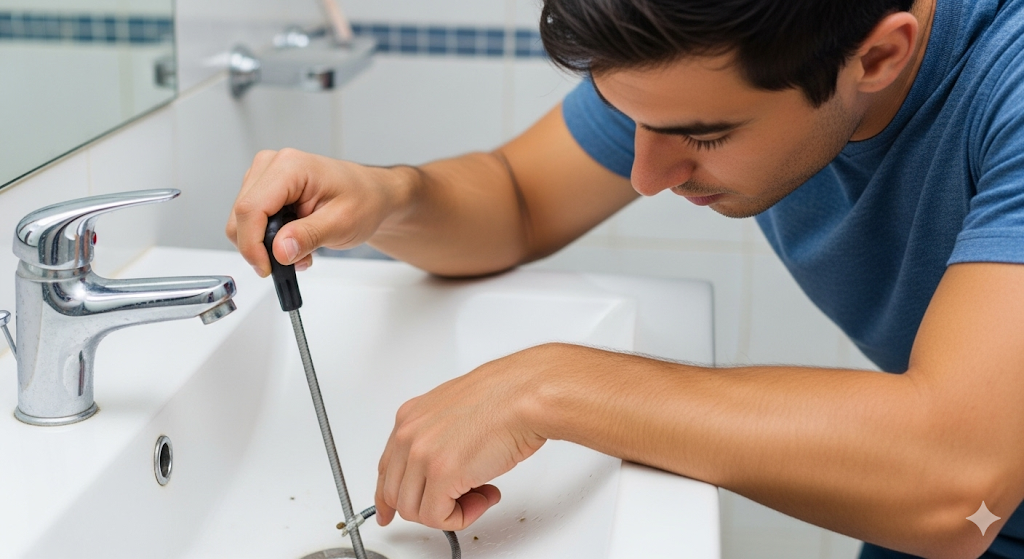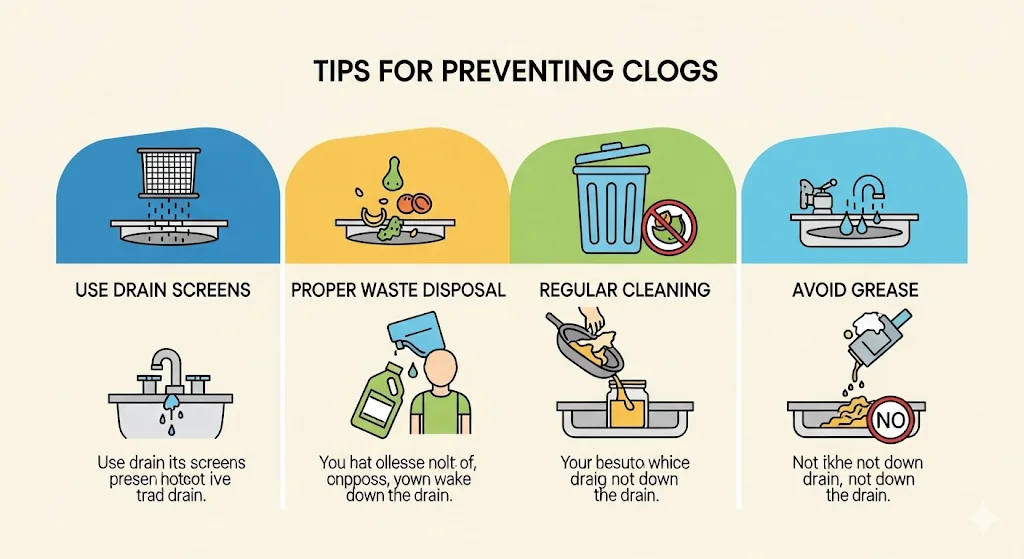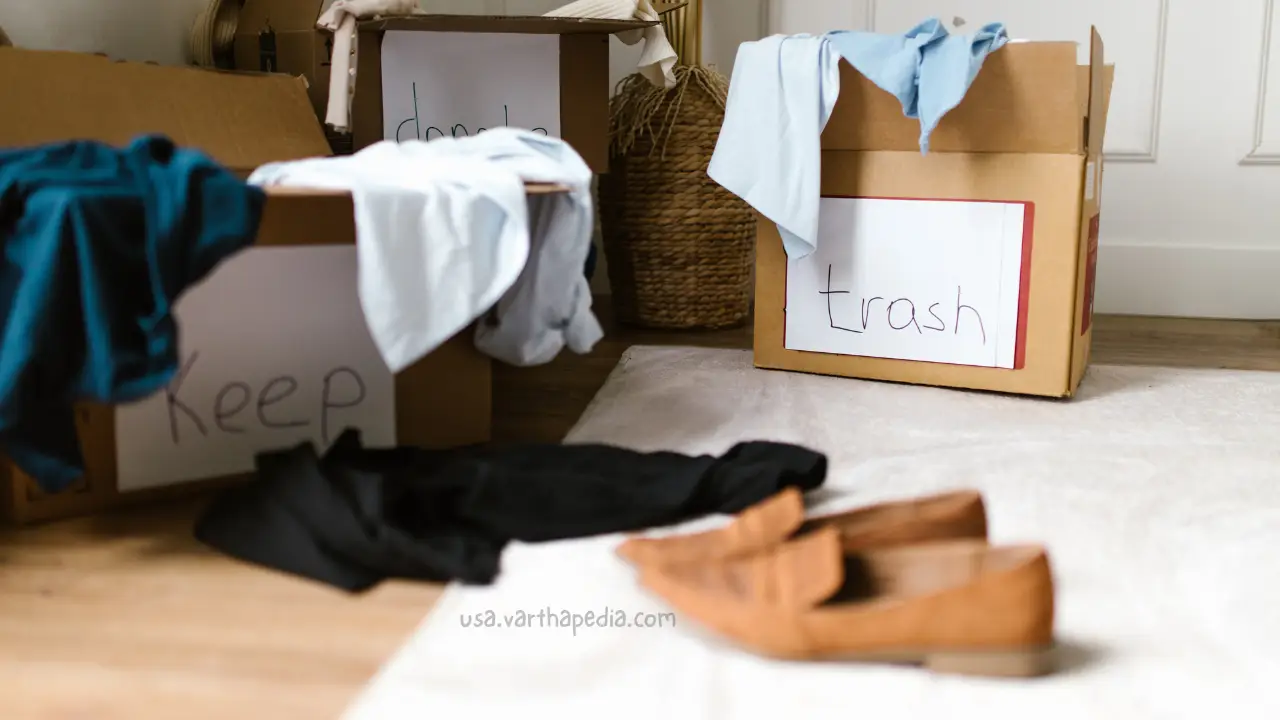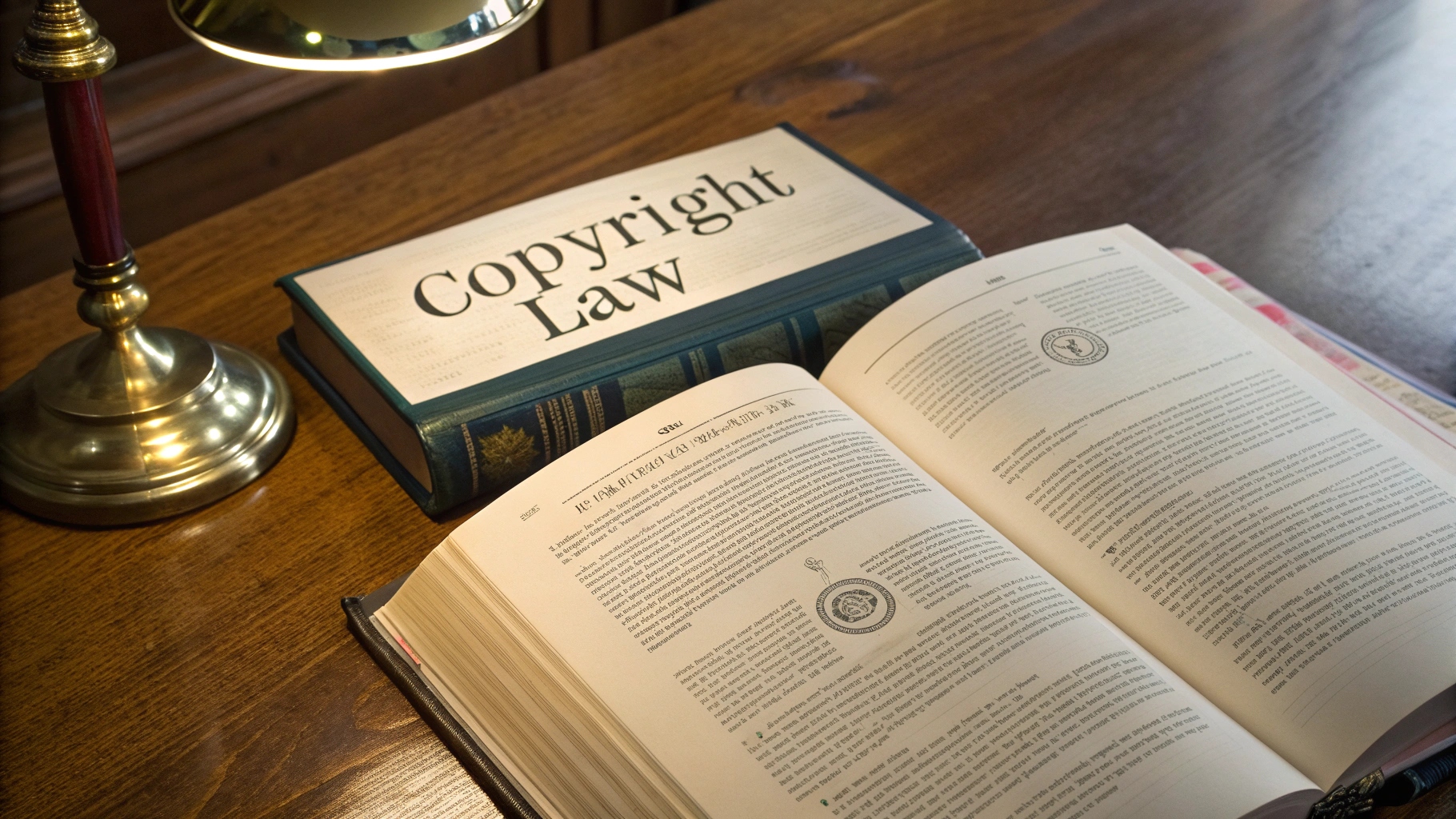Discover effective and safe ways to unclog drains naturally without harmful chemicals. Learn quick fixes I personally use, including simple tools and natural household ingredients, to keep your plumbing flowing freely. These methods protect your pipes, your health, and the environment while saving you time and money.

Introduction:
Clogged drains are an annoying household challenge that everyone faces at some point. Over time, hair, grease, soap scum, and food particles build up, causing slow drainage or complete blockages. While many people reach for chemical drain cleaners, I have found that these harsh products can damage pipes, cause health issues, and negatively impact the environment. Instead, I rely on a set of quick, natural fixes that work effectively without chemicals. In this article, I will share my go-to methods for unclogging drains safely, economically, and with common household items.
Why Avoid Chemical Drain Cleaners:
Chemical drain cleaners often contain strong acids or bases designed to eat away clogs. Although they can provide fast relief, these substances can corrode metal pipes or damage plastic plumbing, increasing the risk of leaks or bursts over time. Additionally, the fumes can be toxic and irritating to the eyes, skin, and lungs. From an environmental perspective, these chemicals can disrupt wastewater treatment processes and pollute waterways. According to the Environmental Protection Agency, safer alternatives not only prevent damage to plumbing systems but also reduce harmful waste entering the environment. For these reasons, my preferred approach is to tackle clogs naturally whenever possible.
Essential Tools and Ingredients I Keep Ready:
To tackle common drain clogs without chemicals, I keep a simple toolkit of items on hand, including:
1. A plunger – a basic but powerful tool for dislodging blockages through suction and pressure.
2. A drain snake (also called a plumbing auger) – a flexible wire tool that can reach deep inside drains to physically remove debris.
3. Baking soda – a gentle abrasive and deodorizer.
4. White vinegar – an acid that reacts with baking soda to help break down clogs.
5. Boiling water – to flush loosened debris and grease.
6. Salt and dish soap – to break down greasy buildup.

The Quick Fixes I Use to Unclog Drains Naturally Without Chemicals:
1. Plunging First
My very first step when a drain slows or stops draining is to use a plunger. Filling the sink or tub with a few inches of water helps create suction. Placing the plunger over the drain and pumping vigorously often dislodges small clogs caused by debris or hair. This method is non-invasive, fast, and requires minimal equipment. If I have a double sink, I block the other drain hole to improve suction. It’s surprising how effective this simple approach can be for minor blockages.
2. Manual Removal with a Drain Snake
If plunging does not solve the problem, I reach for my drain snake. This tool allows me to insert a long flexible coil deep into the drain pipe. By rotating the handle, I can hook and pull out the hair, soap scum, and gunk causing the clog. This method requires a bit more effort but is highly effective and avoids introducing any substances into the pipes. Drain snakes come in various lengths and sizes to fit kitchen sinks, bathroom basins, and showers.
3. The Baking Soda and Vinegar Reaction
When manual methods aren’t enough, I turn to the classic baking soda and vinegar approach. I pour about half a cup of baking soda into the drain followed by half a cup of white vinegar. This mixture fizzes as carbon dioxide bubbles are released, helping to break apart the clog. Covering the drain with a plug or cloth keeps the reaction concentrated in the pipe. After letting it sit for 30 to 60 minutes, I flush the drain with boiling water to wash away loosened debris. Experts from sites such as CR Plumbing and Liquid-Plumr note this as a highly effective, eco-friendly solution for many household clogs and deodorizing pipes.
4. Boiling Water Flush
I often finish my cleaning routine by pouring a pot of boiling water down the drain. Repeating this step a few times can dissolve grease buildups and rinse away remaining particles. While boiling water should not be used on PVC pipes due to potential damage, it is safe for metal pipes and many modern plumbing materials. This method is a natural way to maintain pipe health and prevent future clogs.
5. Salt and Dish Soap for Grease
When dealing with greasy kitchen sink clogs, I mix about half a cup of salt with a few tablespoons of liquid dish soap. I pour the mixture down the drain, allow it to sit for 15-20 minutes, then flush with boiling water. The salt acts as a soft abrasive scrubbing the inside of pipes while the soap cuts grease, making this approach particularly good for clogged kitchen drains.

Additional Tips for Preventing Clogs:
Prevention is always better than cure. I also adopt these habits to keep my drains flowing freely longer:
• Use drain screens to catch hair, food particles, and debris before they enter pipes.
• Avoid pouring cooking grease or oil down kitchen sinks; instead, collect and dispose of in the trash.
• Regularly flush drains with boiling water once a week to prevent build-up.
• Once a month, use the baking soda and vinegar treatment as a maintenance clean.
• Avoid flushing non-degradable items like wipes or feminine products that cause blockages.
The Environmental and Health Considerations:
Using these natural methods avoids introducing harmful chemicals into the home and environment. Chemical cleaners contain substances that can irritate skin and respiratory systems, especially in small or poorly ventilated bathrooms. Moreover, many modern residences rely on septic tanks or eco-sensitive sewage systems, where harsh chemicals can upset the beneficial bacteria necessary for waste breakdown. The methods I use align with national health guidelines advocating safer household cleaning practices and reduce the risk of costly pipe damage.
When to Call the Professionals:
While these quick fixes work well for many common drain clogs, some blockages can be persistent and complex. If you notice continual backing up, multiple drains clogging at once, foul odors, or noisy pipes, professional plumbing intervention may be necessary. Licensed plumbers have specialized equipment such as motorized drain snakes and hydro-jetters to clear difficult obstructions. Regular inspections and professional cleanings can also prolong the life of your plumbing system.
Conclusion:
Unclogging drains does not require resorting to harsh chemical products that put your plumbing and health at risk. Through a combination of simple tools like plungers and drain snakes, natural ingredients like baking soda and vinegar, and consistent maintenance habits, most drain clogs can be effectively cleared at home. These methods are safe, environmentally friendly, and budget-conscious. By adopting these practices, you not only improve the function of your drains but also contribute to a safer home and planet.
Frequently Asked Questions:
1. How effective is baking soda and vinegar for unclogging drains?
A. The baking soda and vinegar combination creates a foaming reaction that helps loosen minor clogs and deodorizes drains. While effective for light to moderate blockages, tougher clogs may require mechanical removal with a drain snake or professional service.
2. Can I use boiling water on all types of pipes?
A. Boiling water is safe for metal pipes and most modern plumbing materials but should be avoided on PVC or plastic pipes as it may cause warping or damage. Always check your pipe type before pouring hot water.
3. What causes most household drain clogs?
A. Common causes include hair, grease buildup, soap scum, food particles, and flushing inappropriate items. Proper use and preventive care decrease the risk of clogs.
4. Are natural drain cleaners safe for septic systems?
A. Yes, natural methods such as baking soda, vinegar, and enzymatic cleaners generally do not harm septic bacteria and are preferred over harsh chemical alternatives.
5. When should I call a plumber for a clogged drain?
A. If drains remain clogged after home treatments, multiple drains are affected simultaneously, or there are signs of sewage backup, it is best to contact a professional plumber to diagnose and resolve the underlying issue.

